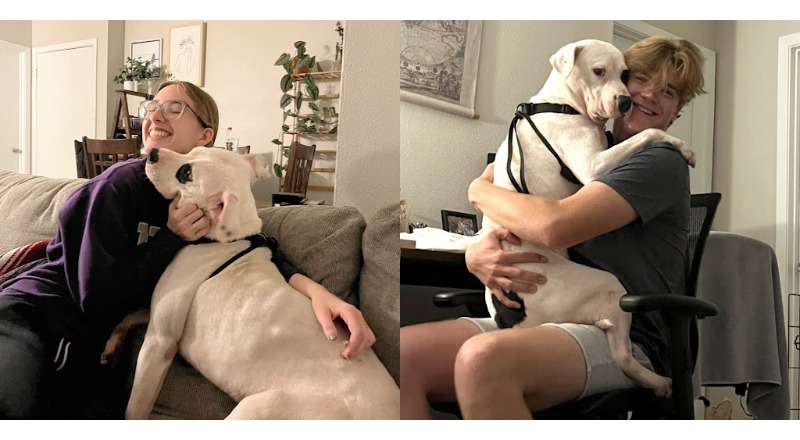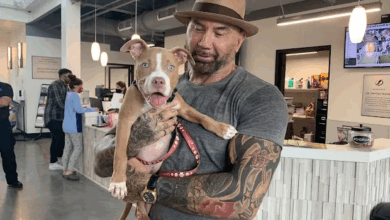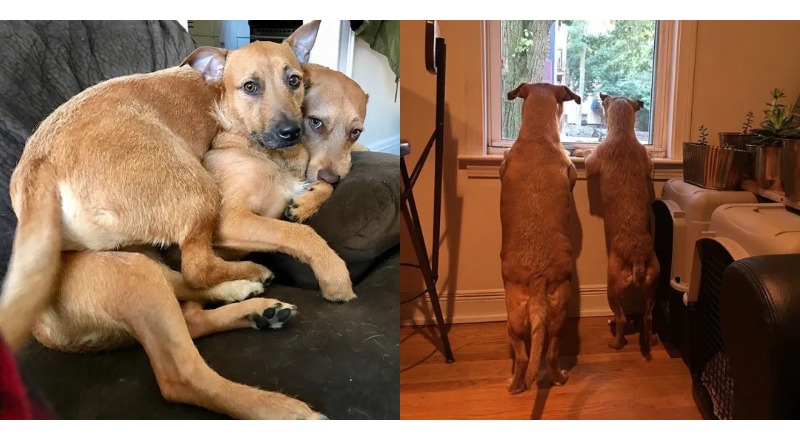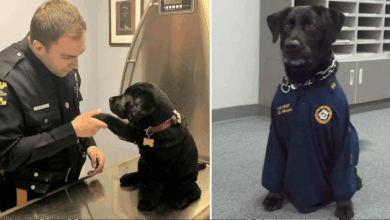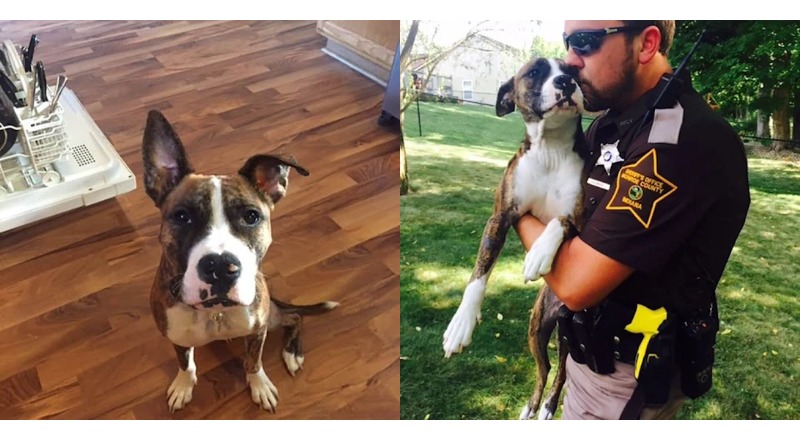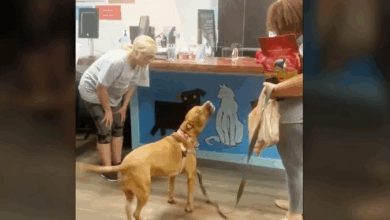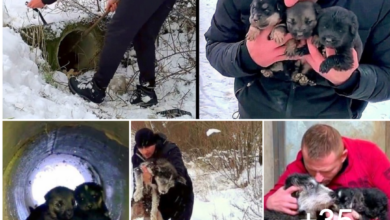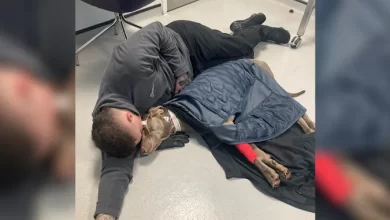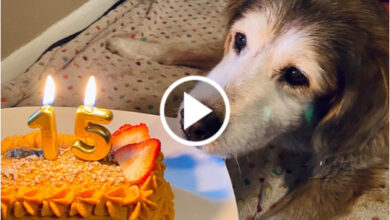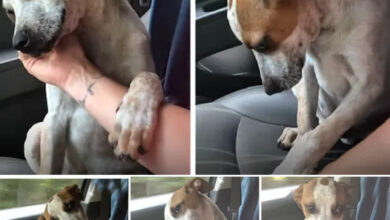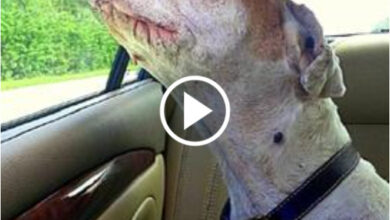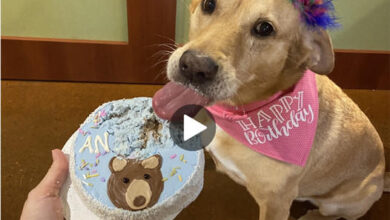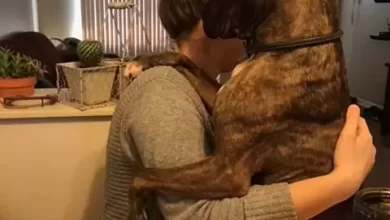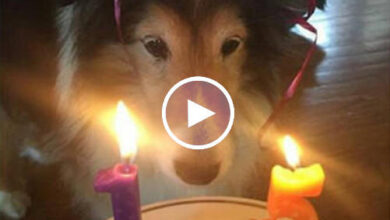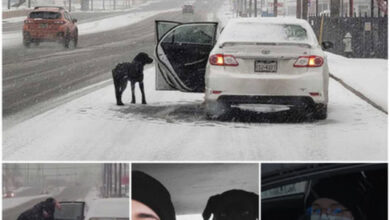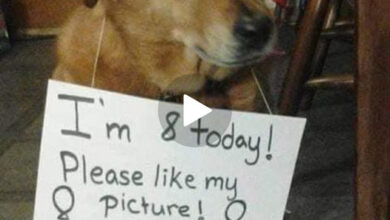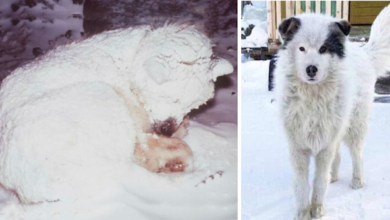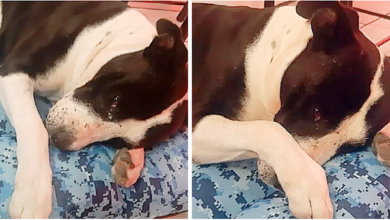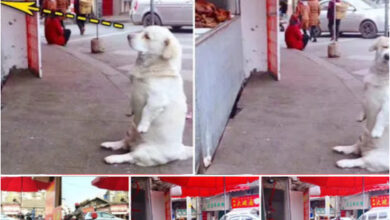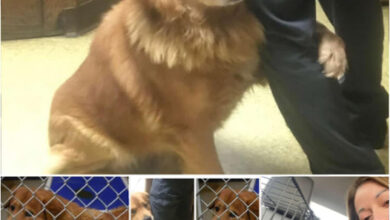Weight Loss In Dogs: What Causes It And How To Treat?

Have you noticed that your furry friend has been losing weight recently? Perhaps they seem to be eating the same amount of food, but their body is becoming noticeably thinner. While it’s natural for dogs to lose some weight as they age, sudden and excessive weight loss can be a sign of an underlying health issue.
There are a variety of reasons why your dog may be losing weight, from normal aging processes to medical conditions. Understanding the potential causes of weight loss in dogs can help you identify when it’s time to seek veterinary care and ensure your pup stays healthy and happy for years to come.
So let’s take a closer look at what could be causing your dog’s unexpected weight loss.
Normal Causes of Weight Loss in Dogs
You might notice that your pup is shedding some pounds but don’t worry, it’s normal for dogs to lose weight due to factors such as increased exercise or a change in diet.
Dietary considerations play a significant role in maintaining a healthy weight for your dog. Some dogs may need special dietary requirements based on their breed, age, and overall health. Always consult with your veterinarian before making any changes to your dog’s diet.
Another factor that can contribute to weight loss in dogs is the exercise routine. Dogs who are more active tend to burn more calories than those who lead sedentary lifestyles. If you’ve recently started taking your furry friend on daily walks or runs, then it’s likely they’re losing weight from the increased activity level. However, be sure not to over-exercise them as this can lead to other health problems.
While normal causes of weight loss in dogs are generally harmless, it’s important to monitor your dog closely and look out for any signs of illness.
In the next section, we’ll discuss medical conditions that cause weight loss in dogs and what you should watch out for.
Medical Conditions That Cause Weight Loss
Some medical conditions may lead to a decrease in the amount of food an affected dog eats, resulting in unintended weight loss. Cancer-related weight loss is one such condition that can cause a significant reduction in appetite. The presence of cancerous cells can alter the way your dog processes nutrients, leading to a reduced desire for food.
Digestive system disorders are another common cause of weight loss in dogs. Conditions like inflammatory bowel disease or pancreatitis can affect how well your dog’s body absorbs nutrients from their food and lead to malnutrition. Additionally, gastrointestinal issues such as chronic diarrhea or vomiting can also contribute to weight loss by causing excessive fluid loss and decreased nutrient absorption.
If you notice that your dog is losing weight despite eating normally, it’s important to consult with your veterinarian as soon as possible. Untreated medical conditions that cause weight loss can have serious consequences for your pet’s health and well-being.
In the next section, we’ll discuss some other symptoms to look out for if you suspect your dog may be experiencing unintended weight loss.
Symptoms of Weight Loss in Dogs
Symptoms of weight loss in canines may include visible rib bones, a sunken appearance to the face, and loose skin. These symptoms indicate that your dog is losing weight without any apparent reason. While some dogs may lose weight naturally due to aging or lack of appetite, it’s important to consider other possible causes.
Possible causes of weight loss in dogs include medical conditions such as diabetes, kidney disease, or cancer. It’s also possible that your dog isn’t getting enough nutrients from their food or is suffering from malabsorption issues. To manage weight loss in dogs, it’s essential to identify the underlying cause and address it accordingly.
If you notice any signs of weight loss in your dog, consult with a veterinarian immediately. They’ll perform a thorough physical examination and diagnostic tests to determine the root cause of the problem. Treatment options vary depending on the diagnosis but may include changes in diet, medication administration, or surgery if necessary. The earlier you seek medical attention for your pet’s condition, the better chance they have for a full recovery.
Diagnosis and Treatment
To properly diagnose and treat your furry companion, a veterinarian will perform a thorough physical examination and diagnostic tests. The vet may ask you questions about your dog’s eating habits, exercise routine, and any recent changes in behavior or health. They may also take blood samples to check for underlying medical conditions that could be causing weight loss.
Diagnostic tests can help identify the root cause of weight loss in dogs. These tests may include X-rays, ultrasounds, or endoscopies to examine the digestive system for any abnormalities or blockages. In some cases, a biopsy may be necessary to determine if there are any cancerous cells present.
In addition to medical treatment, nutritional supplements can also aid in weight gain for dogs. Your vet may recommend adding high-calorie supplements or switching to a higher calorie diet to help your dog regain lost weight. It’s important to follow your vet’s recommendations closely and monitor your dog’s progress regularly.
While diagnosis and treatment are crucial steps in addressing weight loss in dogs, prevention is equally important. Let’s explore some ways you can prevent weight loss in your furry friend.
Prevention of Weight Loss in Dogs
One way you can ensure your furry friend maintains a healthy weight is by regularly exercising them. Dogs need physical activity to keep their muscles toned, maintain cardiovascular health, and prevent obesity. You may want to consider incorporating more exercise into your dog’s routine by taking them on daily walks or playing games of fetch. Additionally, you can participate in activities such as hiking or swimming with your pet to provide them with a fun and engaging workout.
To prevent weight loss in dogs, it’s also important to follow dietary recommendations. Consult with your veterinarian for advice on the appropriate type and amount of food that will meet your dog’s nutritional needs while maintaining their ideal body weight. This may involve choosing high-quality foods that are rich in protein and fiber while limiting treats or table scraps.
Creating an exercise routine and following dietary recommendations are key components of preventing weight loss in dogs. It’s important to note that excessive weight gain or sudden changes in weight should still be monitored closely by a veterinarian.
In the next section, we’ll discuss supportive care for dogs experiencing weight loss due to medical conditions or other causes beyond preventive measures alone.
Supportive Care for Dogs with Weight Loss
If you want to help your dog maintain a healthy weight, there are several things you can do. First, make sure they’re getting enough exercise and are eating a balanced diet with appropriate portion sizes.
If your dog is experiencing weight loss despite your best efforts, it may be time to seek veterinary care to rule out any underlying health conditions.
How to Help Your Dog Maintain a Healthy Weight
You can play an active role in keeping your furry friend healthy by making sure they maintain a proper weight. Here are some tips to help your dog stay at a healthy weight:
- Follow a well-balanced dog diet that meets their nutritional needs.
- Provide plenty of opportunities for exercise, such as daily walks or playtime in the backyard.
- Monitor their food intake and make adjustments as needed based on their activity level and overall health.
Avoid feeding table scraps or human food, which can be high in calories and lead to weight gain. Consider incorporating low-calorie treats into their diet instead.
By following these guidelines, you can help ensure that your dog maintains a healthy weight and avoids the negative health consequences of being overweight. However, if you notice any sudden or significant weight loss or gain despite your efforts to maintain a healthy lifestyle for your pet, it may be time to seek veterinary care.
When to Seek Veterinary Care
Now that you know how to help your dog maintain a healthy weight, it’s important to recognize when it’s time to seek veterinary care.
If you notice that your dog is losing weight unexpectedly, it could be a sign of an underlying health issue. In some cases, weight loss can occur due to medical conditions such as kidney disease, cancer, or thyroid problems. Therefore, it’s essential to schedule a vet consultation as soon as possible.
During the consultation, the veterinarian will conduct a thorough examination and perform various tests to determine the cause of your dog’s weight loss. The vet may also recommend a dietary assessment to ensure that your dog is receiving adequate nutrition.
Based on the findings, they’ll provide appropriate treatment options and make recommendations for any necessary changes in diet or exercise regimen. Remember that early detection and timely intervention can significantly improve the outcome of many health conditions affecting dogs.
Conclusion
Congratulations! You now have a better understanding of what causes weight loss in dogs.
Remember, there are normal reasons for weight loss such as increased exercise or changes in diet, but medical conditions can also play a role.
Be aware of symptoms such as decreased appetite, lethargy, and vomiting. If you notice any of these symptoms in your furry friend, don’t hesitate to take them to the vet for a proper diagnosis and treatment.
Prevention is key when it comes to maintaining your dog’s weight. Make sure they have a balanced diet and regular exercise routine.
Overall, keeping an eye on your dog’s weight is important for their overall health and well-being. So next time you see your pup shedding some pounds, ask yourself: could this be due to something more serious?
By staying informed and taking preventative measures, you can ensure that your dog lives a happy and healthy life.
Read more:
